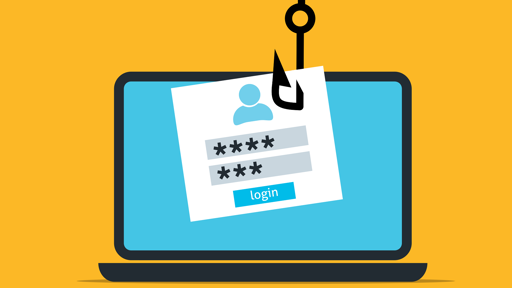- A jetlagged Troy Hunt accidentally clicked a link and logged into an account only to realise he had been phished.
- Despite reacting quickly, attackers were able to export a mailing list for Hunt’s personal blog.
- Hunt has detailed the attack and warned his subscribers in a timely fashion.



No, absolutely not standard. This is where red flags should go up. If your bank texts you a code when you log in, then that’s what the scammers are doing (trying to log in as you, triggering the website to send you the code to confirm that it’s you logging in (except it’s not you, it’s them), and then getting you to tell them the code so they can finish logging into your account.
There are two types of texts:
The first is needed for user-initiated actions, the second is only used to ensure the person you’re talking to has access to the device on file.
When I called the actual bank, they did the second one to reset my account credentials, and again when I set up the MFA app after the trip. It’s absolutely a thing. When I call for help navigating the website, the person on the phone walks me through the SMS verification process, but explicitly tells me to not tell them that first type of code.
Scammers do the first and cannot do the second, which is why they have the warning text on the first and not the second (though there is different warning, which makes it clear they’re different). My fail was skimming the text for the number and ignoring the warning about not giving it to anyone.